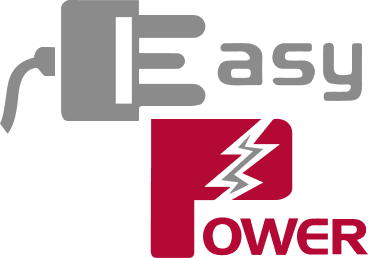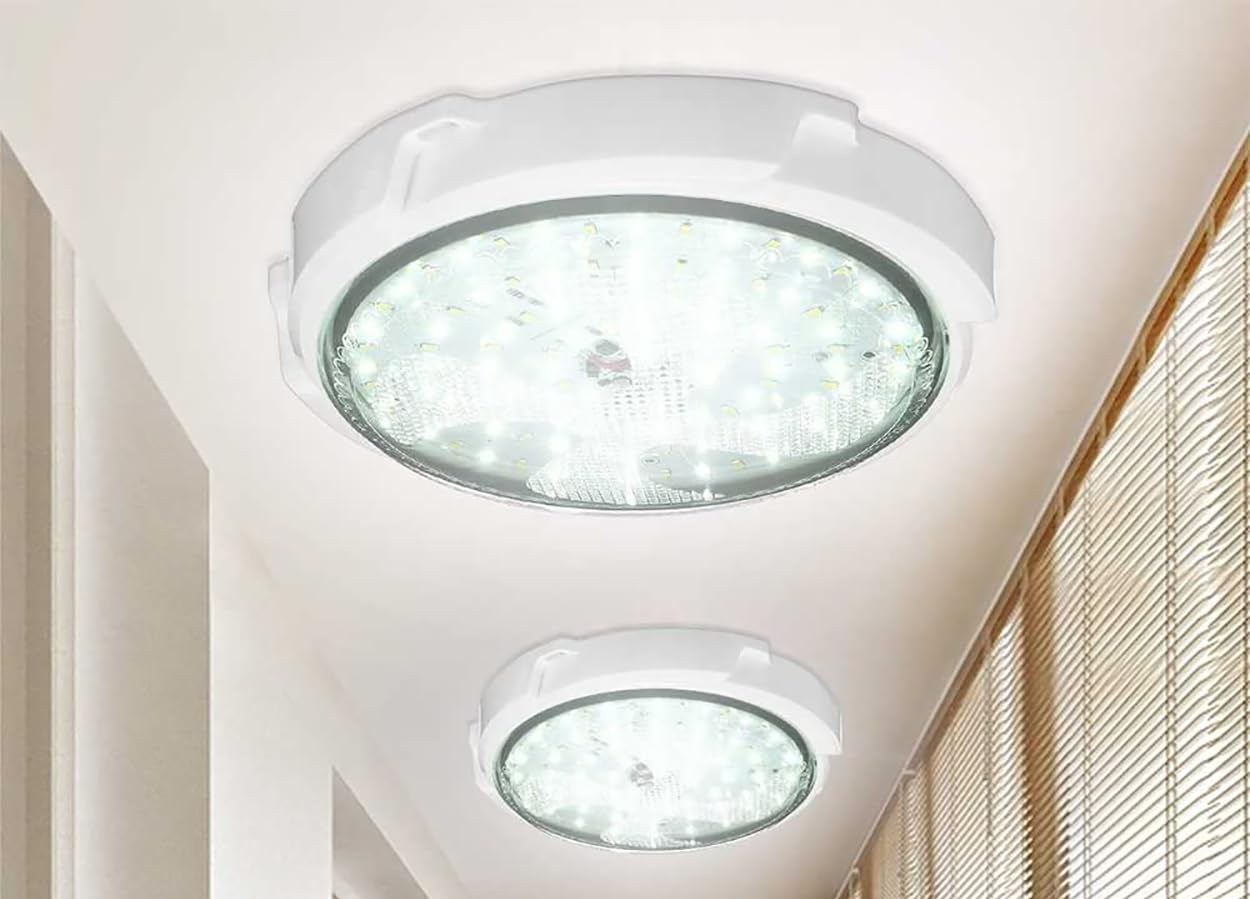Investing in the Education of Ugandan Students: The Benefits of Solar Lights in Schools
Solar lights for schools in Uganda provide a long-term and cost-effective answer to one of the country’s most pressing educational issues. Poorly lighted classrooms have become a prevalent concern in many schools due to a lack of consistent energy, which can hamper academic achievement and potentially affect students’ health.
In this blog post, we will look at the advantages of investing in solar lighting for schools in Uganda and how they can help students in the country have a better future.
The importance of education in Uganda
Access to education is critical for any nation’s development and growth, and Uganda is no exception. However, many Ugandan students confront severe challenges to obtaining a proper education, such as poverty, a lack of resources, and insufficient infrastructure. One such barrier that has a big impact on the school system is a lack of reliable electricity.
The Impact of Poor Lighting in Schools
Inadequate lighting in classrooms has a wide range of negative consequences for pupils’ academic performance. Poor lighting can cause headaches, weariness, and eye strain, making it difficult for pupils to concentrate on their studies.
Furthermore, pupils in poorly lit classrooms may have a more difficult time reading and processing information, leading to lower test scores and academic progress.
The Benefits of Solar Lights in Schools
Investing in solar lights for Ugandan schools has various advantages for both pupils and the society at large.
Here are some of the advantages of using solar lights in schools:
- Students’ academic performance improves as a result of improved lighting: Proper lighting in classrooms allows students to read and understand information more quickly, leading to improved academic achievement.
- Increased school attendance as a result of safer and brighter learning environments: Students are more likely to attend school when they feel comfortable and secure. Solar lights can help schools provide a brighter and safer learning environment for children.
- Reduced electricity expenses for schools and communities: Solar energy is a sustainable and cost-effective alternative to traditional electricity. Schools can save money on electricity while simultaneously lowering their carbon footprint by investing in solar lights.
- Sustainability benefits of using solar energy: Solar energy is a renewable resource that does not contribute to carbon emissions, making it an environmentally friendly choice for powering schools.

Examples of Successful Implementation of Solar Lights in Ugandan Schools
Many schools in Uganda have already effectively integrated solar lights into their infrastructure. Easy Power Co. Ltd., for example, is a local company that has offered solar lighting solutions to schools across the country, enhancing the learning experiences of thousands of children in different School including Sir Apollo Primary School in Kisaasi.
By investing in solar illumination, these schools have not only enhanced their pupils’ academic achievement but also contributed to Uganda’s brighter future.
Conclusion
Investing in Ugandan students’ education through solar illumination is a key step toward a brighter future for the country. With the multiple advantages of solar lighting, such as higher academic performance, increased school attendance, fewer electricity costs, and environmental benefits, there is no excuse not to go solar.
Contact us immediately at +256789931735 to discover more about how to invest in solar lighting solutions for Ugandan schools.


